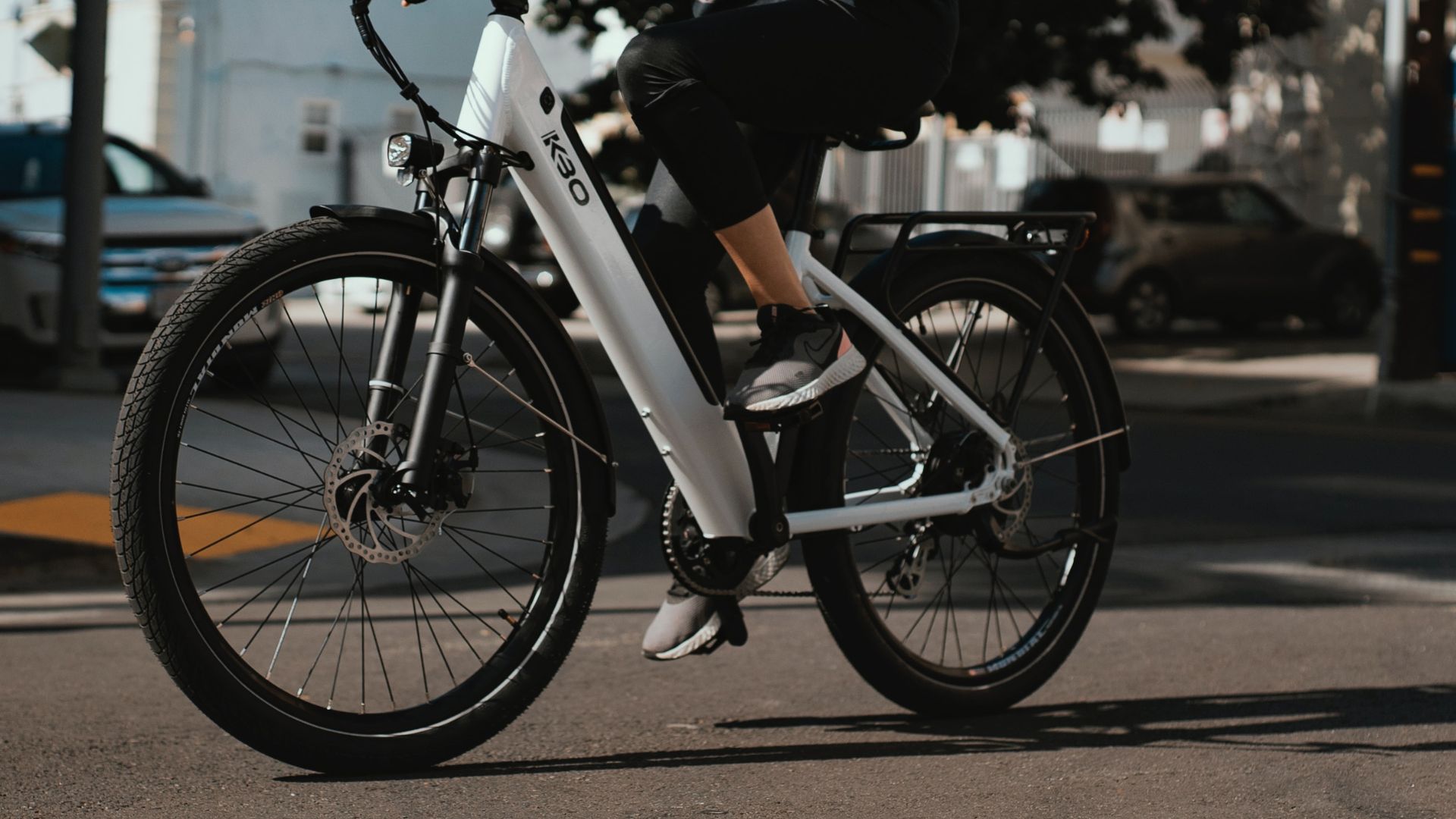Major Insurer Halts Coverage for a Popular Vehicle: Unveiling the Underlying Issue
The e-bike community in the Netherlands faces a pivotal shift.
A leading insurance company has recently updated its policies, targeting a specific category of e-bikes, which may have broader implications for the e-bike industry and its enthusiasts worldwide.
The Netherlands: Recognized as Global Bike Capital
Historically, The Netherlands has been heralded as the bike capital globally. Its vast population of cyclists and bike-centric legislation and infrastructure have earned it this title.

Source: Jase & Afsoon/Unsplash
Notably, bicycles outnumber people in the country, leading to a unique dynamic on the roads.
ANWB's New Policy Stance
Electrek highlighted that The Royal Dutch Touring Club, or ANWB, has stopped insuring fat tire e-bikes.

Source: KBO Bike/Unsplash
This move comes in light of the alarmingly high theft rate of these specific bikes, raising concerns for e-bike owners and potential buyers.
Theft Rates Reach Critical Levels
Amsterdam, a city renowned for its cycling culture, reports a 90% theft rate for fat tire e-bikes.

Source: Gaurav Jain/Unsplash
This staggering statistic has led ANWB to take drastic measures as damages related to thefts exceeded 800% of the offered insurance premiums.
Rise of E-bikes
The global community has shown increased interest in e-bikes, especially the fat tire variants, due to rising environmental concerns.

Source: Xavi Cabrera/Unsplash
As global temperatures escalate, a distinct shift towards sustainable transport options, like e-bikes, is evident, reflecting a changing consumer mindset.
Global Impacts of the Policy Shift
Although the insurance policy change is specific to the Netherlands, its effects might resonate globally.

Source: Noralí Nayla/Unsplash
If e-bike theft rates in other regions mimic those in the Netherlands, such policy shifts might become a global trend, potentially impacting the broader e-bike adoption rate.
E-bikes as a Sustainable Alternative
Transportation is a significant contributor to global carbon emissions, accounting for over 16%.

Source: Team Evelo/Unsplash
Specifically, passenger cars generate close to 3.5 billion tons of pollution. E-bikes emerge as a potential sustainable alternative, offering an environmentally-friendly mode of transport.
Concerns from the Public
The public has voiced concerns regarding the present security features in e-bikes.

Source: Gotrax/Unsplash
They are urging manufacturers to integrate more robust anti-theft systems. Incorporating features like embedded tracking and advanced alarm systems could enhance e-bike security, thereby boosting consumer confidence.
Protecting E-bikes in Light of Insurance Changes
In response to insurance changes, e-bike owners should consider advanced security measures.

Source: CHUTTERSNAP/Unsplash
Storing bikes indoors, using additional high-quality locks, and installing tracking devices are recommended precautions to reduce the risk of theft and ensure their investment remains safe.
Advanced Anti-theft Solutions
Utilizing technology can be pivotal in deterring thefts. E-bike owners should explore available tech solutions, ranging from GPS trackers to state-of-the-art locking systems.

Source: Markus Spiske/Unsplash
Investing in such measures could greatly minimize potential theft threats.
Prioritizing E-bike Safety Through Storage
One straightforward protective strategy for e-bike owners is prioritizing indoor storage.

Source: Rich Smith/Unsplash
By keeping their e-bikes securely stored and out of sight, they can significantly diminish the likelihood of theft. This simple step plays a crucial role in e-bike protection.
The Future of E-bike Adoption and Security
The recent policy update from ANWB underscores the evolving challenges in the e-bike sector.

Source: KBO Bike/Unsplash
It necessitates a combined effort from manufacturers, policymakers, and consumers to foster innovation and collaboration, ensuring the sustained growth and security of the e-bike industry.
